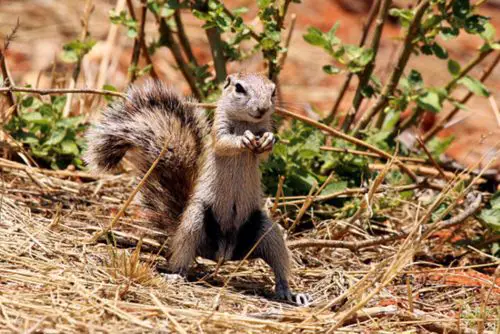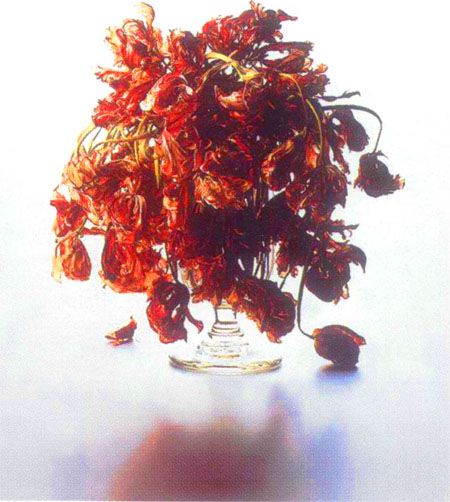
The internet is full of information if you search for the health benefits of masturbation. Many mammals mastur*bate including humans, other primates, rodents, and more.
The Cape ground squirrel for example, takes sex very seriously. For the males, the scrotum is about 20% of their body length, and the penis is twice as long. The explanation is that masturbation is actually a form of self-medication. By cleaning the genitals, males reduce their odds of contracting a sexually transmitted infection. Males mastu*rbate more frequently after sex than before; and they mastu*rbate more during the time of the month when females are ready to mate. Finally, their tendency to mast*urbate increases as they get more sex.
Jane Waterman, while studying wild squirrels in Namibia says:
“An oral masturbation was recorded when a male sat with head lowered and an erect penis in his mouth, being stimulated with both mouth (fell_atio) and forepaws (masturbation), while the lower torso moved forward and backwards in thrusting motions, finally culminating in an apparent ejacul*ation, after which the male appeared to consume the ejaculate.”
Jane spent 2000 hours keeping an eye on these animals with a pair of binoculars, noting every interaction between them, and every sexual act among the local males.
The data collected by Jane tells that dominant males were far more likely to masturb*ate than their subordinates, and males who actually had sex were more likely to do it than those in dry spells.
Apparently it’s the “flushing out” of the genital tract that helps prevent infection. This masturbation is beneficial as it flushes old sperm from the male’s testicles and it gets a higher proportion of competitive or fertile sperm ready for the next potential mating.
PhotoCredit : Charlesjsharp


